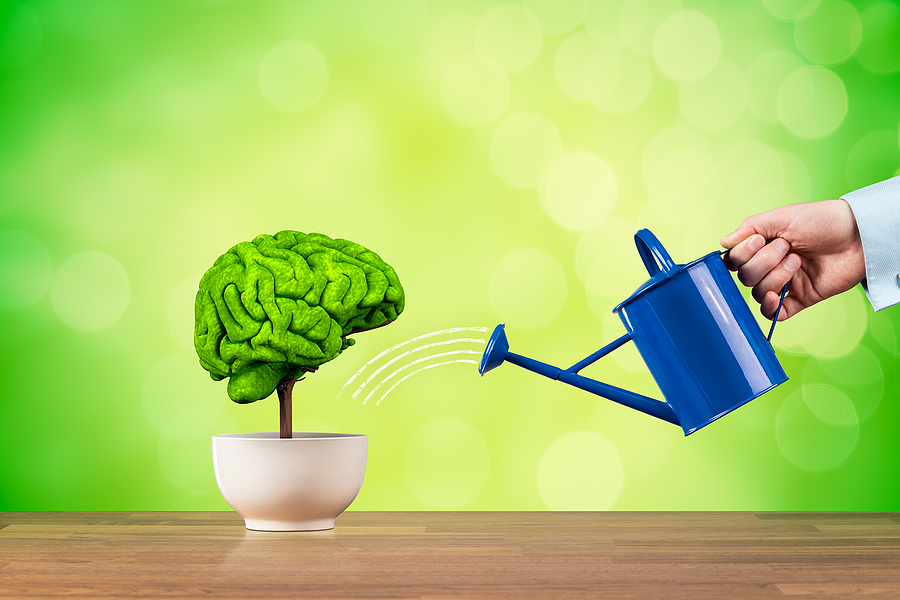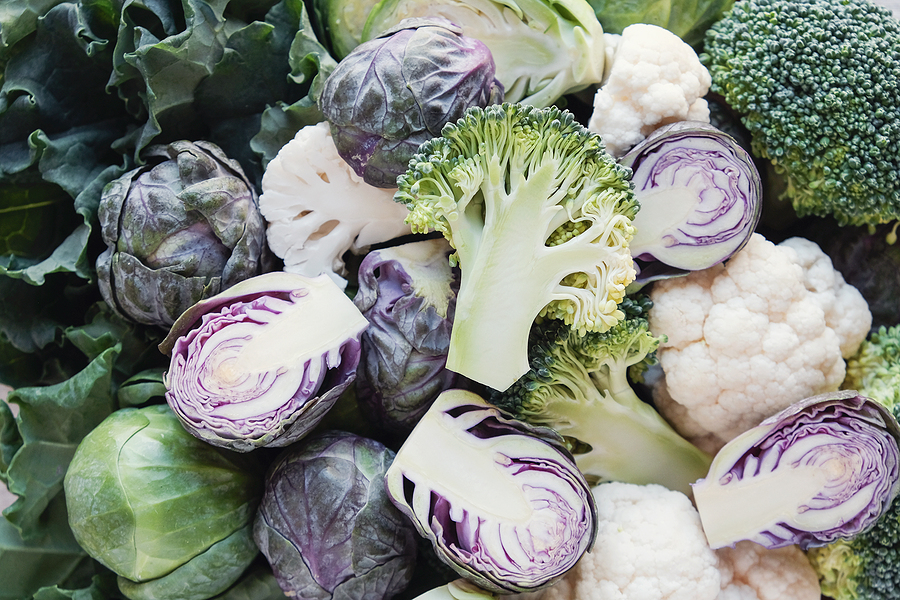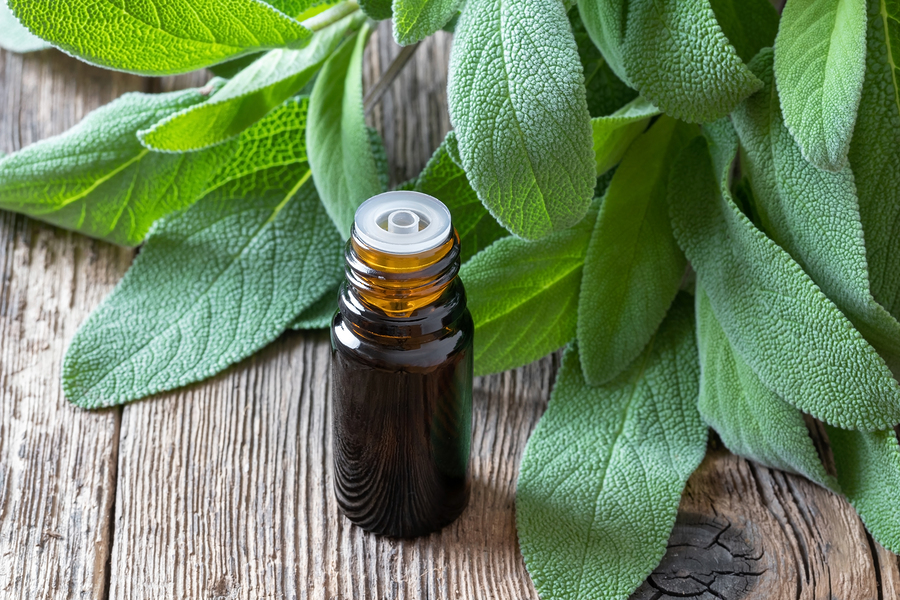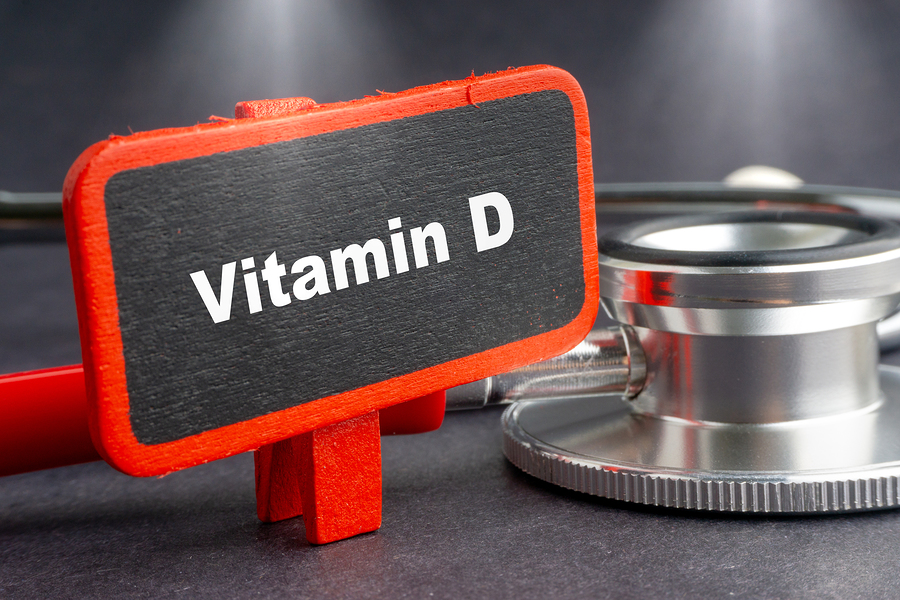In part one of improving brain function we looked at the importance of your endothelium and its ability to create nitric oxide. In part two we are going to look at nootropic compounds for improving brain function.
Nootropics are plant-based nutrients that enhance cognition while at the same time help to facilitate learning.
They are not used to protect against brain aging.
Rather, they are used to improve brain processing speed, learning, and memory. And can be used for all ages of people. Not just older adults.
These nootropic compound help to improve brain cell efficiencies, which then boost cognitive function in the form of memory.
For older adults, the ability to process and store new information declines with age. Nootropic compounds improve the brain’s ability to learn and retain this new information. And there are several key nootropics that have show promising results:
Bacopa monnieri – This is a flowering herb that has long been used to improve memory. In recent human clinical trials, a standardized extract of Bacopa has been shown to improve the following cognitive functions:
-
Power and speed of attention
-
Speed of visual processing
-
Verbal learning speed
-
Formation of new memories
-
Recall of memories
The amount used in this study was 300 mg of Bacopa monnieri. And the results were seen after the 12 week study was concluded.
In animal studies, the use of standardized Bacopa extract improved brain function by stimulating the growth of neuron connections in two key areas of the brain. The hippocampus and amygdala sections of the brain.
The hippocampus is key for the proper formation of new memories. And in these animal studies the following was observed: Read More →









